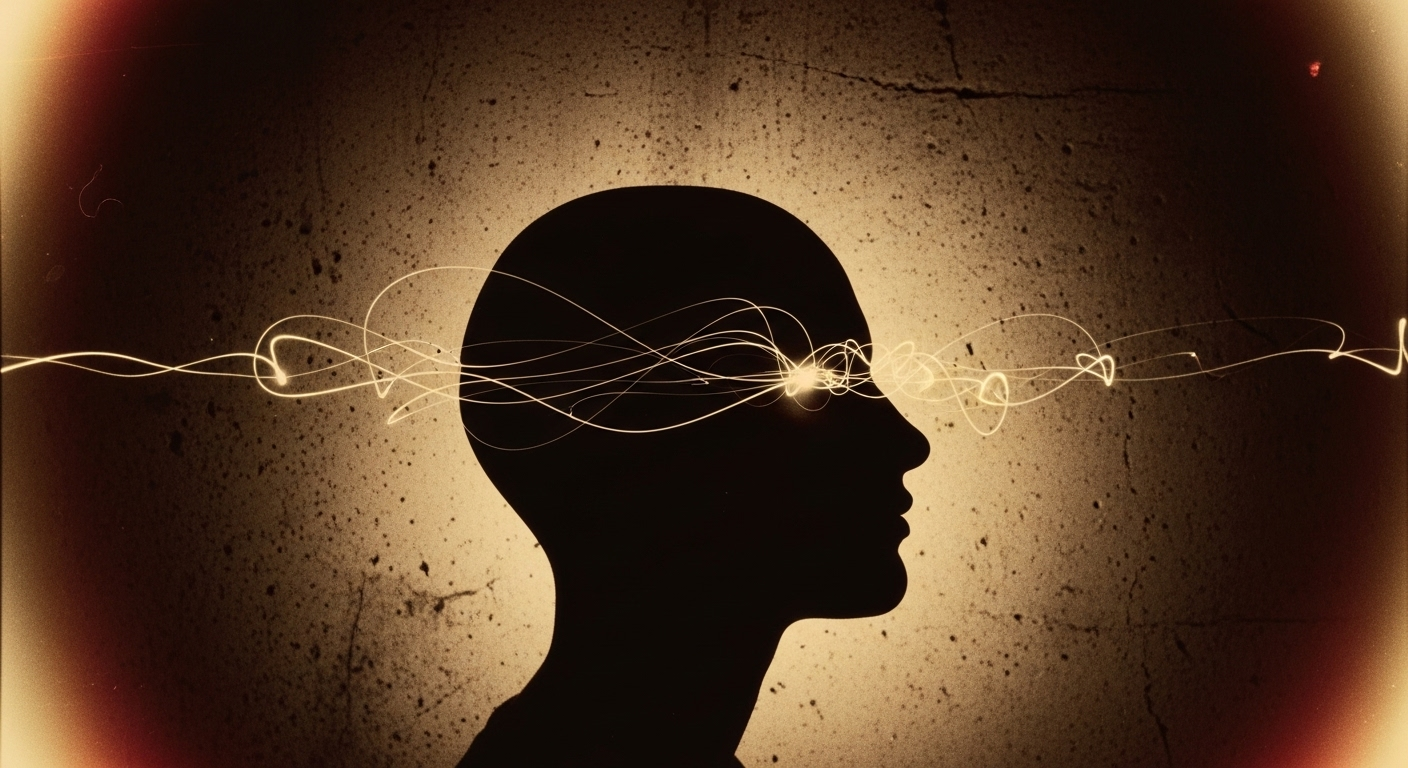Ever felt like your brain was just glowing with an idea? Or maybe you’ve had one of those ‘lightbulb moments’ where everything just clicks? Well, buckle up, buttercup, because a recent study is hinting that your brain might actually be doing something incredibly similar – in a super faint, incredibly cool way!
Forget brainwaves for a second. We’re talking about actual, honest-to-goodness light. Yes, you read that right. A new neuroscience study has dropped a bombshell: the human brain emits extremely faint light signals. And get this – these aren’t just random flickers. They appear to change in response to your mental states. Mind. Blown.
So, what exactly are we talking about here? Researchers found that these ultraweak light emissions, often called biophotons, are so subtle they could only be recorded in complete darkness. But the kicker? They actually pass right through your skull. Imagine that: your thoughts, your deepest ponderings, might be broadcasting a tiny, almost imperceptible light show to the outside world.
Now, before you start picturing yourself as some kind of human glow stick, let’s be clear: we’re talking extremely faint. You won’t be lighting up a room with your genius (unless, you know, you’re also holding a flashlight). But the implications? Oh, they’re brighter than a supernova.
Think about it. For decades, we’ve understood brain activity primarily through electrical signals. EEG scans, fMRIs – they all map out the electrical and metabolic buzz happening inside your head. But what if there’s another layer? What if this subtle light emission is a whole new form of communication, or a byproduct of complex neural processes we’re only just beginning to grasp?
This isn’t just a quirky scientific tidbit; it’s a peek into a whole new dimension of how our brains work. Imagine the possibilities! Could these light signals one day be used for revolutionary diagnostic tools, detecting mental states or neurological conditions in ways we never thought possible? Could they be a key to unlocking even more sophisticated brain-computer interfaces? Or perhaps, just perhaps, they’ll give us a whole new appreciation for why we sometimes feel ‘brighter’ on a good day.
For now, it’s a fascinating new frontier in neuroscience. It reminds us that even the most familiar parts of ourselves, like our own brains, still hold incredible secrets. So, next time you’re deep in thought, pondering the mysteries of the universe or just trying to remember where you left your keys, remember: your brain might just be putting on a tiny, personal light show. And who knows, maybe that’s why some ideas truly spark.
